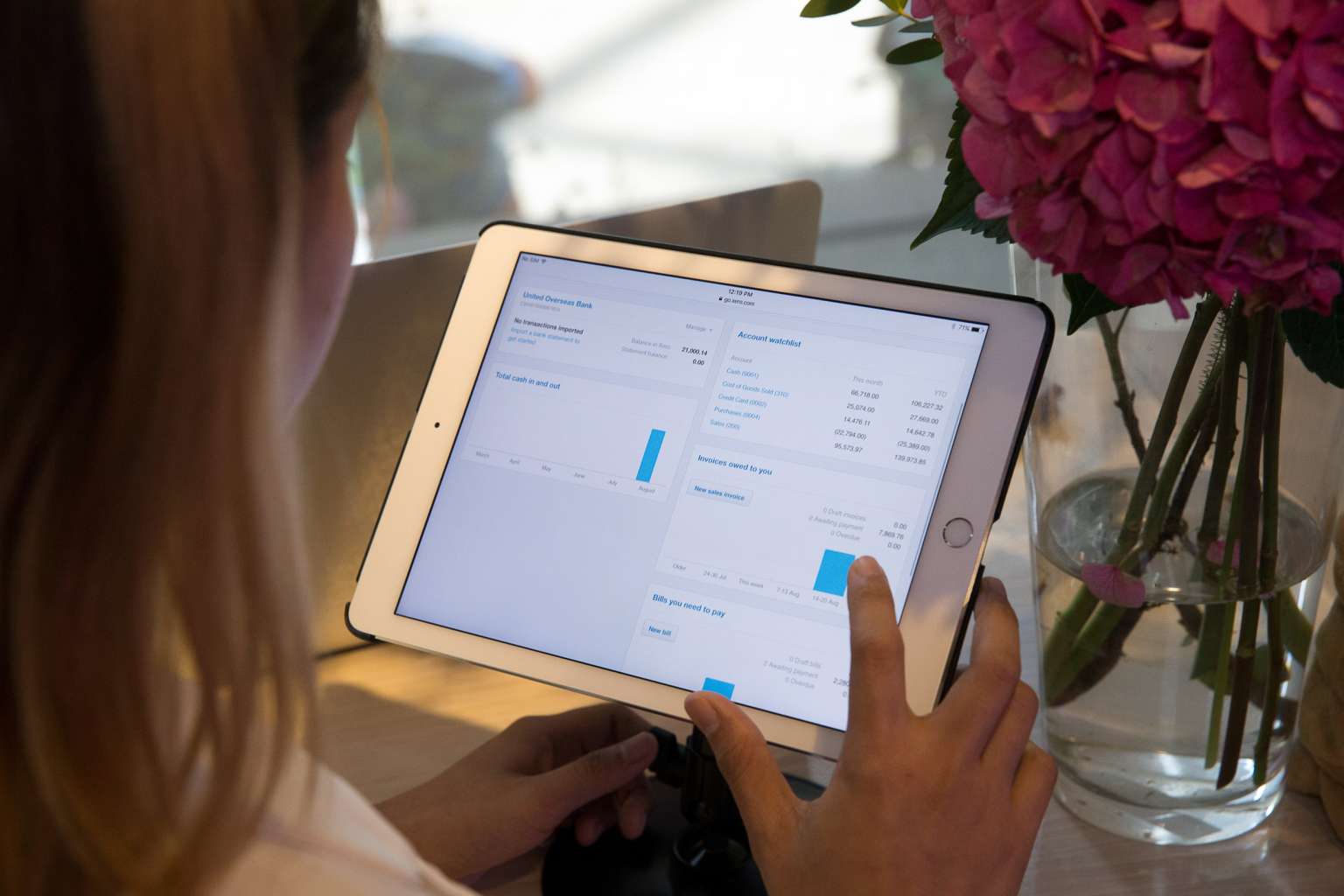Content provided by UOB
Transforming SMEs through digital innovation, one step at a time
Sign up now: Get ST's newsletters delivered to your inbox

UOB’s cloud-based BizSmart system enables firms to access their operating accounts with the bank.
PHOTO: UOB
Mervyn Koh
The message to small and medium-sized enterprises (SMEs) from the Committee for Future Economy (CFE) recommendations and Budget 2017 was clear - they need to look towards digitalisation to ensure their continued success in the digital economy.
A poll conducted by UOB earlier this month found that almost nine in 10 SMEs (88 per cent) believe that their business will benefit from the adoption of digital technology. In particular, more than half felt that it would help them save costs and reduce reliance on manpower.
Despite being aware of such benefits, many SMEs still find it a challenge to implement technology as they grapple with rising business costs and a tight labour market. Respondents say they are unable to devote sufficient resources to adopting technology and to the long and sometimes complicated implementation process when doing so.
What many SMEs may not realise is that innovation might not require an overhaul of their business. Innovation also occurs when businesses change the way they do things, such as reexamining the way they manage various parts of their business.
For example, SMEs can look at how to use technology to automate generally heavily manual functions such as accounting.
To help small businesses, especially those in the retail industry, handle their administrative work more efficiently, UOB launched the BizSmart solution in August last year. It integrates and manages on their behalf back office processes such as payroll, accounting, inventory and resourcing.
It is also the only solution that connects their management of back office processes with their operating accounts with UOB. This enables SMEs to reconcile transactions, such as purchase orders to suppliers and daily takings, with their bank statement in one simple click.
The BizSmart solution comprises five applications: retail management (Vend), employee scheduling and leave (Deputy), payroll automation (HReasily), accounting (Xero) and security (MobileIron), which are all integrated.
This means that SMEs no longer need to go through the time consuming and unproductive process of moving between multiple software programmes to manage different aspects of the business.
By adopting a solution such as BizSmart, small businesses can benefit from cost savings of up to 60 per cent, as compared with using multiple software programmes which cost more when purchased individually. Small businesses can also expect to spend only 2.5 days on administrative work, instead of the current four.
We have noticed that since we launched our BizSmart solution six months ago, the accounting application (Xero) has been the most popular among the five components available. Solutions such as BizSmart enable SMEs to redirect resources elsewhere to improve their bottom line. On average, we see close to 600 SMEs per month expressing their interest in using BizSmart for their business.
In today's fast-changing consumer landscape and softening business environment, coupled with a tight labour market, it is important for SMEs to innovate to stay competitive and relevant. By embracing the opportunities brought about by digitalisation they can find new and better ways to manage their business in an increasingly digitalised world.
The writer is Managing Director and Country Head of Business Banking, Singapore, at UOB
The writer is Managing Director and Country Head of Business Banking, Singapore, at UOB

